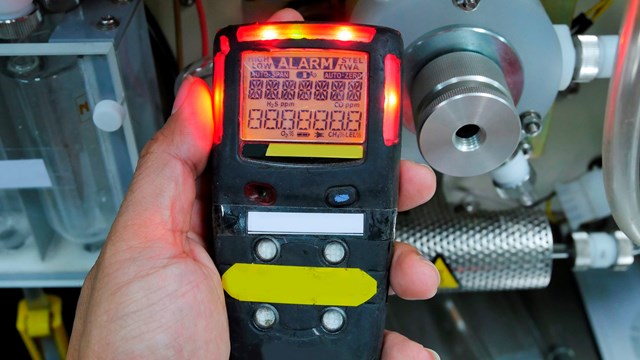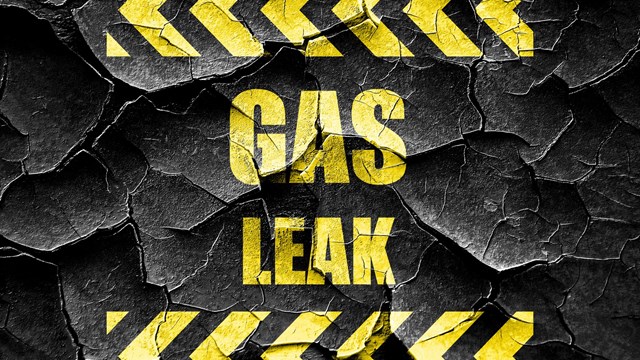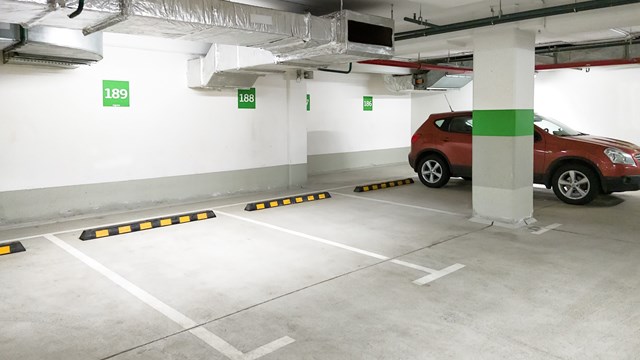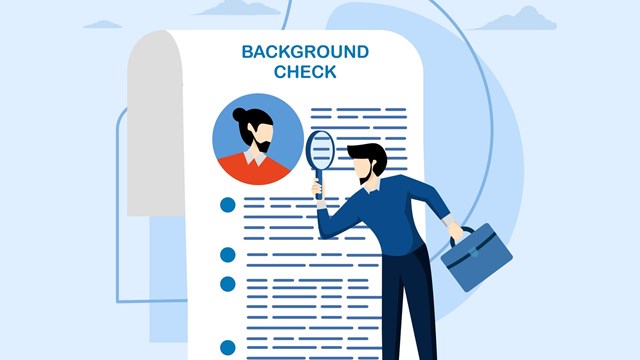
One of the most widely felt effects of New York City’s multiple efforts to fight climate change is the shift away from oil- and gas-fired heating plants to electric. These efforts have been, and continue to be, largely successful. One of the byproducts of the shift is a commensurate shift in monitoring efforts, and rules for the new technologies replacing the old. With the focus now on remaining gas-fired appliances and systems, New York City has tightened up on monitoring those devices for potential leaks.
The Law & its Requirements
Local Law 157 (LL157) - also known as the ‘gas detector law’ - passed in 2016, and requires the installation of carbon and smoke detectors and natural gas detectors in buildings that receive natural gas service. It effectively replaced the previous law relating to smoke and carbon monoxide detecting devices.
“As of May 1, 2025,” says Mark Hakim, an attorney with Manhattan-based law firm Schwartz Sladkus Reich Greenberg & Atlas, “compliance is required for all New York City residences. The law requires that gas detectors must be installed in appropriate locations in all apartments within one foot of the ceiling, and no less than three feet or no more than 10 feet from each gas appliance. The detectors can be either hardwired, with this hardwiring completed by a licensed electrician, or may be battery or plug-in operated.”
Timeline
Property owners in New York City have a revised time frame to comply with the law. That revised date is May 1, 2025. “Property owners, including co-op shareholders and condominium unit owners should be able to comply with the new requirement without much trouble,” says Hakim, “but they should consult their managing agents and other outside consultants to come up with a viable plan to ensure that law is properly complied with. It is better to get started now than wait until next year, when complying with the law may no longer be feasible from a time perspective.”
Hakim suggests that boards and managing agents discuss the new law now and come up with a plan for compliance considering access to units, locations for installation, costs, etc. “There is no reason to delay commencement of a plan, especially given all that boards have to contend with already.”
The Reality
Obviously, it’s going to take some time for individual communities to understand the exact locations in each where these gas detectors need to be installed. Exceptions under the law, as well as requirements for installation and maintenance, must be considered in their entirety.
“The law is a good idea,” says Hakim. “It applies directly to the safety of residents. But implementing it and following up will take time for each building. As with smoke and then carbon detectors, window guards and other local laws that have come before, managing agents and boards will come to understand the law and how to comply with it. In the end, they will comply as they don’t have a choice.”
However, the law’s provision to allow for either hard-wired or battery-operated devices that are not connected to a utility company or monitoring company, does leave room for error and potential non-compliance. The proverbial user, whether tenant, shareholder or owner, may choose to ignore or shut off the device altogether or allow the battery to die. That may prove difficult to monitor.









Leave a Comment